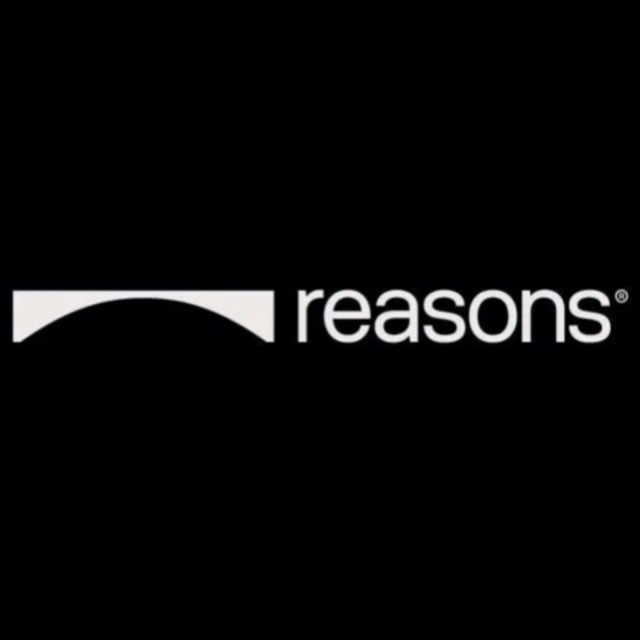Best Communications & Media Law Lawyers in Russia
Share your needs with us, get contacted by law firms.
Free. Takes 2 min.
Or refine your search by selecting a city:
List of the best lawyers in Russia
About Communications & Media Law in Russia
Communications & Media Law in Russia encompasses the regulations and legal frameworks governing broadcasting, telecommunications, advertising, the internet, and other forms of media. This field of law also addresses issues related to free speech, press freedom, intellectual property rights, privacy, and government regulations. The legal landscape is shaped by the Russian Constitution, federal laws, and international treaties. It aims to balance government oversight, business interests, and public access to information.
Why You May Need a Lawyer
Navigating Communications & Media Law can be complex and individuals or businesses may require legal assistance for various reasons:
- Understanding regulations and compliance requirements for media and telecommunication businesses.
- Protecting intellectual property and managing copyright disputes.
- Defending against or pursuing cases of defamation, slander, and libel.
- Addressing privacy concerns and data protection issues.
- Negotiating contracts and licensing agreements with media entities.
- Dealing with issues related to government censorship and content regulation.
- Seeking legal assistance in cases of media law infringements or violations.
Local Laws Overview
In Russia, Communications & Media Law is governed by various legislative acts. Key laws include:
- The Russian Constitution: Provides basic rights such as freedom of expression and privacy.
- The Federal Law on Communications (2003): Governs telecommunications and establishes the legal framework for service providers.
- The Law on Mass Media (1991): Sets out rules for media operations, press freedom, and government regulation.
- The Personal Data Law (2006): Addresses data protection and privacy issues, particularly for online information.
- The Code of Administrative Offenses: Includes penalties for violations of media laws.
- Anti-Piracy and Copyright Laws: Aim to protect intellectual property and curb unauthorized use of media content.
Frequently Asked Questions
What is considered unlawful under Russian Communications & Media Law?
Unlawful actions can include unauthorized broadcasting, infringing on copyrights, disseminating false information that harms reputations, and breaching data privacy laws.
Is internet censorship legal in Russia?
Yes, the Russian government has the legal authority to block or limit access to certain websites and online content it deems illegal or harmful.
How does Russia regulate broadcasting and telecommunications?
Regulation is primarily conducted by the Federal Service for Supervision of Communications, Information Technology, and Mass Media (Roskomnadzor), which oversees licensing and compliance.
What are the consequences of defamation in Russian media law?
Individuals or organizations found guilty of defamation can face civil liability, damages, or, in serious cases, criminal charges under Russian law.
How are privacy and personal data protected in Russia?
The Personal Data Law requires entities to obtain proper consent and implement security measures when processing personal data. Violations can result in fines and other penalties.
What obligations do media outlets have regarding political advertising?
Media outlets must comply with specific regulations on airing political ads, ensuring transparency and balance, especially during election periods.
Can foreign media operate freely in Russia?
Foreign media can operate but must be registered and comply with specific restrictions and requirements set by Russian law, including content and funding disclosures.
What happens if a media outlet violates broadcast regulations?
Penalties for violating broadcast regulations can include fines, suspension of operations, or revocation of broadcasting licenses.
Are there specific legal considerations for digital and online media?
Yes, digital media must adhere to regulations concerning online content, advertising, cybersecurity, and data protection, often enforced by Roskomnadzor.
How can intellectual property rights be enforced in Russia's media sector?
Intellectual property rights can be enforced through administrative, civil, or criminal proceedings, depending on the nature and severity of the infringement.
Additional Resources
Here are some resources and organizations that might be helpful:
- Roskomnadzor (Federal Service for Supervision of Communications, Information Technology, and Mass Media): Responsible for overseeing media and internet services.
- Ministry of Digital Development, Communications, and Mass Media: Develops policies and regulations for media and communication sectors.
- Russian Union of Journalists: Provides support and advocacy for journalists facing legal issues.
- Media Lawyers Association: An organization of legal professionals specializing in media law.
Next Steps
If you need legal assistance in Communications & Media Law in Russia, consider the following steps:
- Conduct preliminary research to understand your legal needs and potential issues.
- Seek consultations with lawyers specialized in Communications & Media Law to discuss your case.
- Prepare relevant documents and evidence related to your case or legal inquiry.
- Engage a legal professional or law firm with a track record in media law for representation or advice.
- Stay informed on legal changes and industry updates to ensure ongoing compliance.
Lawzana helps you find the best lawyers and law firms in Russia through a curated and pre-screened list of qualified legal professionals. Our platform offers rankings and detailed profiles of attorneys and law firms, allowing you to compare based on practice areas, including Communications & Media Law, experience, and client feedback.
Each profile includes a description of the firm's areas of practice, client reviews, team members and partners, year of establishment, spoken languages, office locations, contact information, social media presence, and any published articles or resources. Most firms on our platform speak English and are experienced in both local and international legal matters.
Get a quote from top-rated law firms in Russia — quickly, securely, and without unnecessary hassle.
Disclaimer:
The information provided on this page is for general informational purposes only and does not constitute legal advice. While we strive to ensure the accuracy and relevance of the content, legal information may change over time, and interpretations of the law can vary. You should always consult with a qualified legal professional for advice specific to your situation.
We disclaim all liability for actions taken or not taken based on the content of this page. If you believe any information is incorrect or outdated, please contact us, and we will review and update it where appropriate.
Browse communications & media law law firms by city in Russia
Refine your search by selecting a city.















